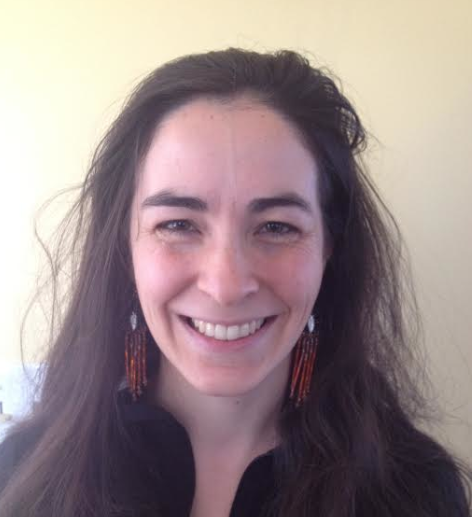A ministry of InterVarsity Christian Fellowship, the vision of Black Scholars & Professionals (BSAP) is to see graduate students, professional students, and faculty of African or African American descent transformed by Christ, renewed in their academic pursuits or professional lives, and serving as agents of change within the African American and African community, the church, and the world through:
-Spiritual Formation
-Ethnic Integrity
-Church Participation
-Urban and Global Projects
-Work and Faith Integration
-Reconciliation in the African Diaspora
-Collaboration with Professional Associations
Join us for our virtual kick off event on Saturday, September 26 at 1PM as we welcome ladies seasoned and new to the community. We’ll be playing games, getting to know one another, and discussing what the group is all about.
In the meantime, please complete this brief community survey!
https://bit.ly/34cPsq4


